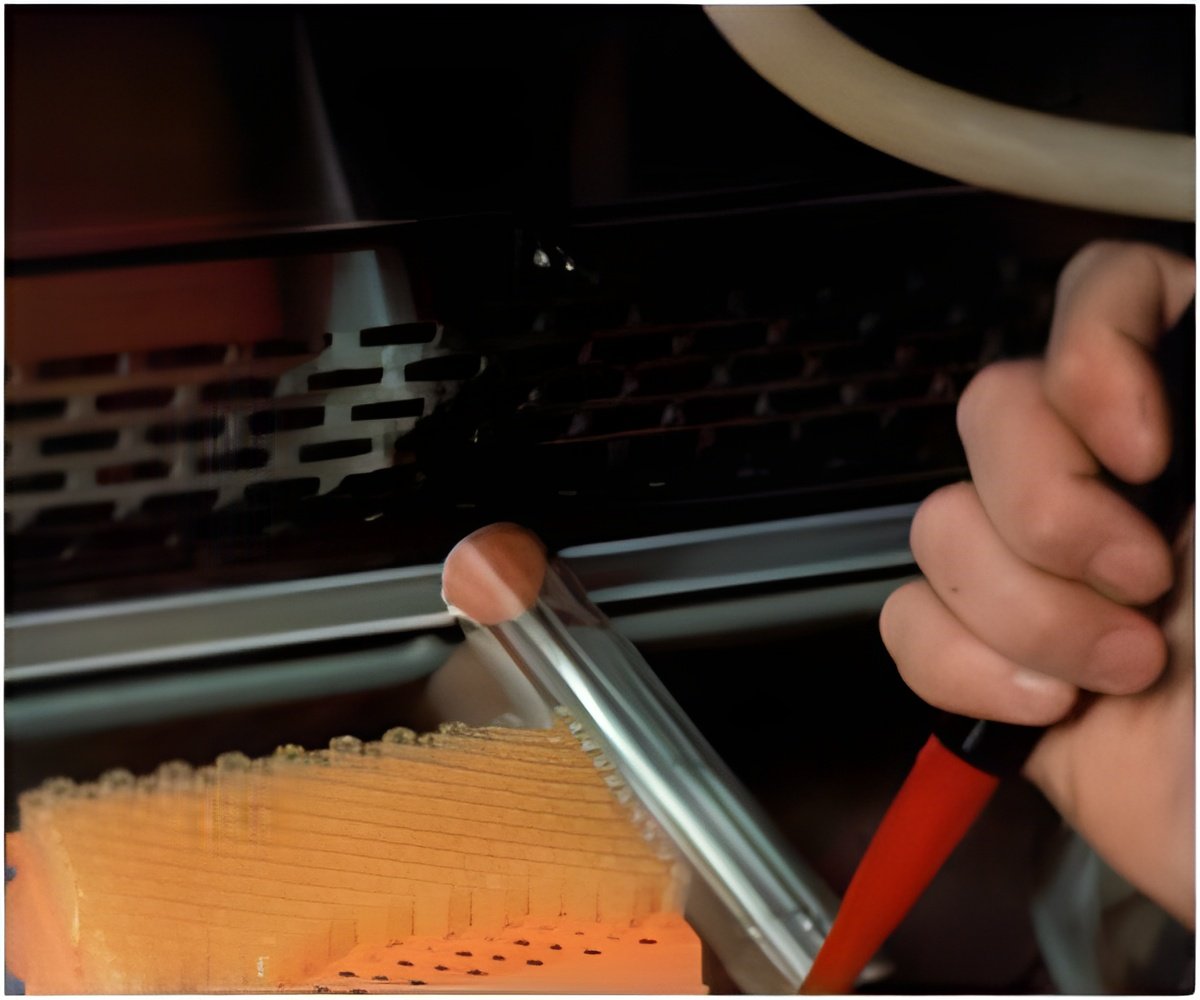An attenuated, or weakened, strain of Chlamydia trachomatis bacteria can be used as a vaccine to prevent or reduce the severity of trachoma, the world's leading

In their study, published in the Journal of Experimental Medicine online, scientists from NIAID, led by Harlan Caldwell, Ph.D., describe how they tested their vaccine concept in a series of experiments. First they infected six cynomolgus macaques with the strain of C. trachomatis that they had weakened by removing a small piece of DNA. The scientists observed that the monkeys spontaneously cleared the infection within 14 days with no or minimal signs of ocular disease. The animals then were exposed twice more to the weakened strain at four- and eight-week intervals, but the animals still showed no signs of trachoma despite being infected.
According to Dr. Caldwell, this finding is particularly significant because repeated C. trachomatis infections typically lead to more severe eye disease in people. The infected animals did not develop eye disease, and they all mounted robust immune responses.
The same six macaques then were exposed to a highly virulent strain of C. trachomatis as were six other macaques in a control group that had not been vaccinated. Three of the macaques in the vaccine group showed no signs of infection or disease, and the three others showed greatly reduced infection compared with monkeys in the control group. All six macaques in the control group became infected and displayed moderate to severe eye disease that persisted for between two and four months.
Macaques are used in trachoma studies because their immune responses closely predict those of humans. The animals in the study were treated with antibiotics after completion of the experiments, and all recovered completely.
The NIAID researchers are currently exploring how they can move their vaccine into human clinical trials.
Advertisement
Chlamydia diseases include sexually transmitted infections, which can result in pelvic inflammatory disease that can cause infertility in women, as well as trachoma. According to the NIAID researchers, findings from this study also could lead to the development of a vaccine against sexually transmitted Chlamydia infections. The Centers for Disease Control and Prevention received more than 1.2 million reports of Chlamydia infections in 2009.
Advertisement
Source-Eurekalert












